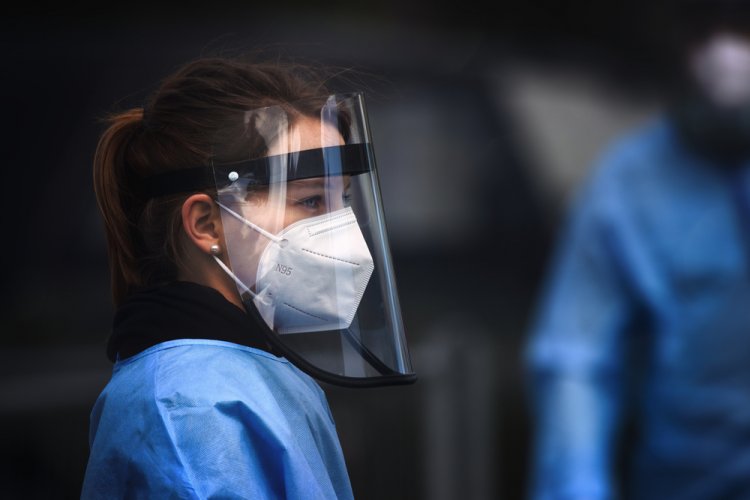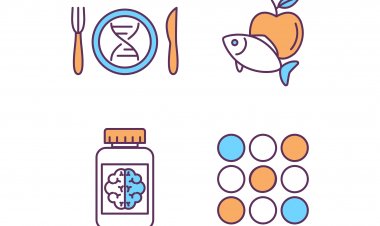Persevering through Pandemic: Medical faculty during COVID-19
Dr. Aneesh Basheer puts forth the commendable effort of the medical science faculty in nurturing future doctors while facing multiple hurdles that the pandemic had in store for them.

“Am I audible?”
There was no response.
“Can you hear me?”
After a long pause, a girlish voice replied, “Yes ma’am”.
Relief was evident on the face of the 60-year-old professor of pathology looking intently into a computer screen. Over the next 40 minutes or so, she became engrossed in an online tutorial with a class of about hundred-odd medical students, most of whom appeared on the online platform as screensaver icons of their favorite superheroes or movie actors. Interrupted occasionally by calls and by internet connectivity issues, the professor managed to complete the session and log out. When she came out of the room, one could sense a mixture of apprehension, relief, satisfaction, and frustration on her face.
This is not the story of one professor. She represents a large community of teachers – medical and non-medical, whose lives have been transformed, thanks to the COVID-19 pandemic. Much has been written and discussed about issues faced by students as a result of online and off-campus classes. While this is undeniably true, what is less spoken about is the plight of teachers. Medical school teaching faculty have taught generations using time-tested teaching-learning methods in small and large groups. They have done exceedingly well, albeit with some initial resistance, in accepting reforms beginning with the Overhead projectors, slide projectors, and the apocalyptic Powerpoint.
It must be remembered that, unlike primary and high school teachers, they never get formal training to teach in medical school. It has only been two decades or so since the erstwhile Medical Council of India realized this gap and introduced a basic course in medical education to at least sensitizing medical college faculty on principles and basic practices of medical teaching including the emphasis on andragogy relative to pedagogy.
Yet what the pandemic had in store for them was beyond fathom. Never before in the history of formal medical training in India have online platforms been employed on such a large scale and detail. The most disadvantaged were the relatively senior faculty – the so-called non-computer, non-tech savvy. For many of them, being able to open a mail and download an attachment to the right folder and then retrieve that file, later on, had been the major technological milestone in their lives.
Creating animated Powerpoints with voiceovers, converting them to compatible files, and making them accessible to students by uploading on platforms like Google classroom required unlearning and relearning too many things. It was like shedding the tight skin and growing another. The whole attitude to teaching had to change. They had to deal with issues they never expected to face as teachers. They had to check if the internet connection was good, generate links for accessing the class, share the link with students, start the session, admit students and troubleshoot during sessions if students were not able to hear, see or enter classes. Preparing assessments online and conducting them smoothly was equally painful. Dealing with problems of capturing student attendance in such classes and verifying its veracity was next to impossible. Keeping students engaged during classes was often an arduous assignment. Potential threats to privacy while using online platforms haunted many of them while extra effort was required to prepare and deliver learning material, unlike offline physical classes.
Yet they persevered. They have transformed themselves and withstood the torrent. Nothing can explain such courage but a passion. Dedication to the noble act of tutoring a future doctor has helped them overcome all odds and change themselves. The medical school faculty have been examples of bravery and maneuverability and deserve nothing short of being hailed among frontline COVID warriors – faceless military strategists who have been silently building an army of frontline warriors for the future. “Thank you” from the heart of each student at the end of an online class is the least that can be given to inspire them and keep them going. “Thank you” during an appraisal meeting from the administrators will go a long way in strengthening their resolve to transform, transcend and push boundaries.
Thank you! Thank you! Thank you!


 Admin
Admin 

























